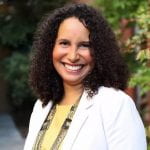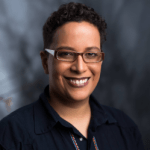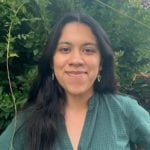Building on our previous project with Caribbean communities, we recognize the important knowledge held by Indigenous, Afro-Indigenous, and Black traditional healing and ecological knowledge keepers in PNW communities. In their everyday practices, medicine people, curanderes, traditional ceremonialists, and TEK specialists decolonize false distinctions between healing the Earth, and healing our bodies, hearts, and minds; for them, we are all interconnected in sets of healing relations that ensure all life can continue. Through storytelling, we create a digital platform that shares how healers support communities disproportionately impacted by climate change; foster educational exchanges between migrant Afro-Indigenous communities, and local Native and African American communities; and train students on how to engage in climate and racial-justice research, community engagement, and digital humanities.
Outcomes
More detailed information on these opportunities will be posted here, as it becomes available.
Healers
To receive the healing, first you must honor the ancestors, spirits, and guardians of the healer’s house, and honor the plants that will be used in your treatment,” she says. When people show up with only a Western, European understanding of illness and healing—‘it hurts here, please make it stop’—they’re often confused to be asked questions about their emotional states, their ancestors, their prayers, or their relationships with the natural elements and animal life. In the Afro-Indigenous traditions, your treatment plan likely will include all these things. So, for cross-cultural healing processes to occur, some translation work needs to be done.”
Team
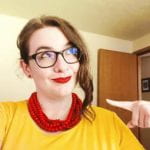 Franny Gaede (she/her)
Franny Gaede (she/her)
University of Oregon
Director | Digital Scholarship Services
Associate Librarian | UO Libraries
 Azle Malinao-Alvarez (she/her)
Azle Malinao-Alvarez (she/her)
University of Oregon
Interactive Technology Consultant | UO Libraries
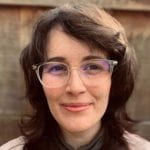 Kate Thornhill (she/her)
Kate Thornhill (she/her)
University of Oregon
Digital Scholarship Librarian | Digital Scholarship Services
Associate Librarian | UO Libraries
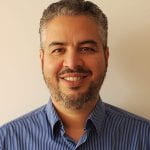 Joel A. Blanco Rivera (he/him)
Joel A. Blanco Rivera (he/him)
Digital Storytelling on Puerto Rican Communities
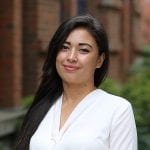 Roselyn Poton (she/her)
Roselyn Poton (she/her)
University of Oregon
M.S. Student | Conflict and Dispute Resolution
Research Assistant | Healers
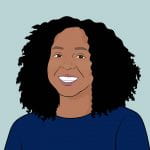 Maya Revell (she/her)
Maya Revell (she/her)
University of Oregon
Ph.D Student | ENVS and Education
Digital Assistant | Healers
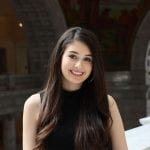 Nadya Barba-Ramirez (she/her)
Nadya Barba-Ramirez (she/her)
University of Oregon
JD and MPA Student
Translator | Healers
